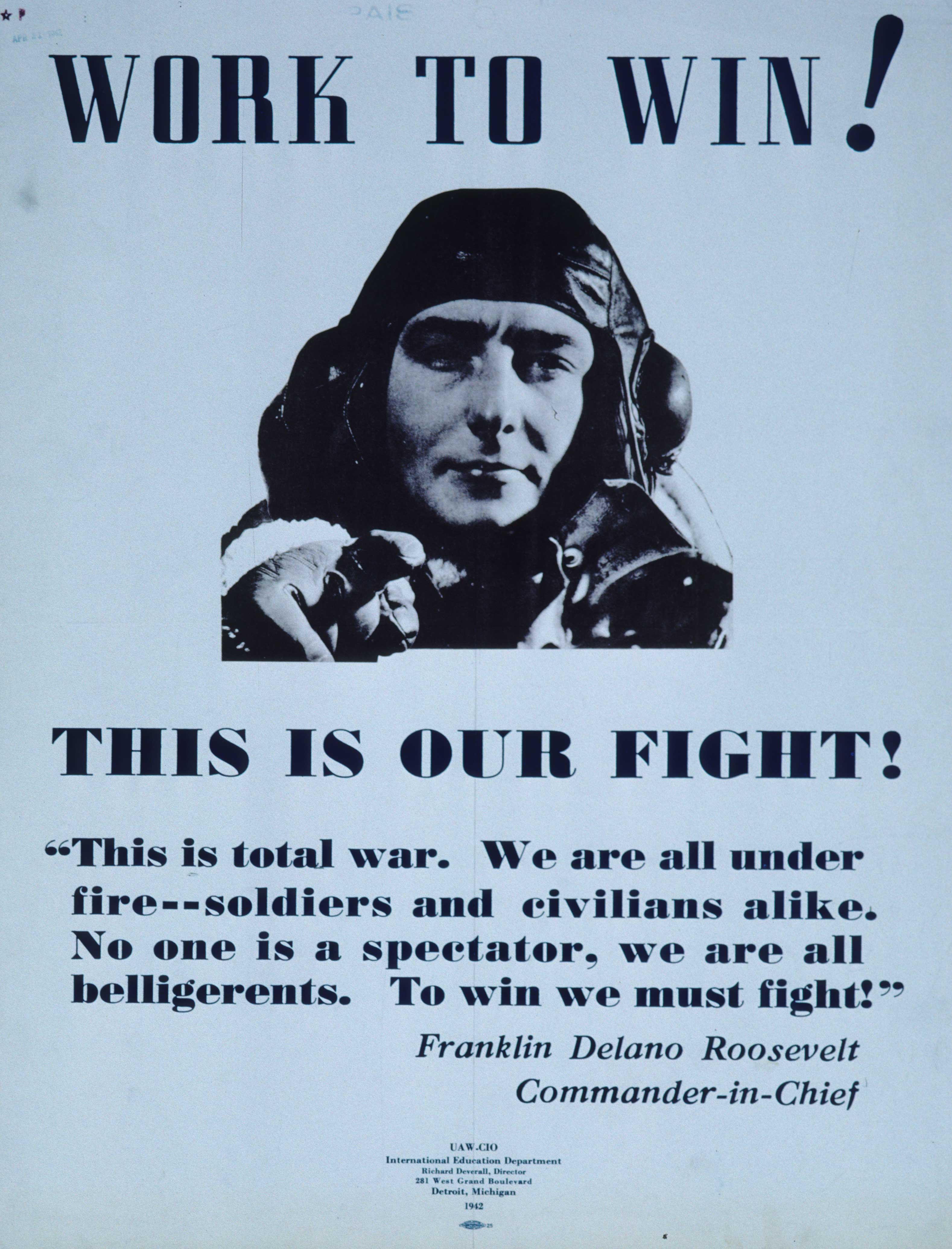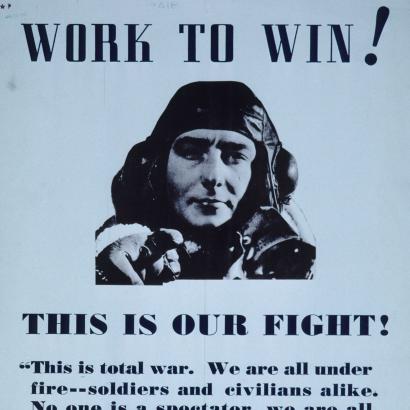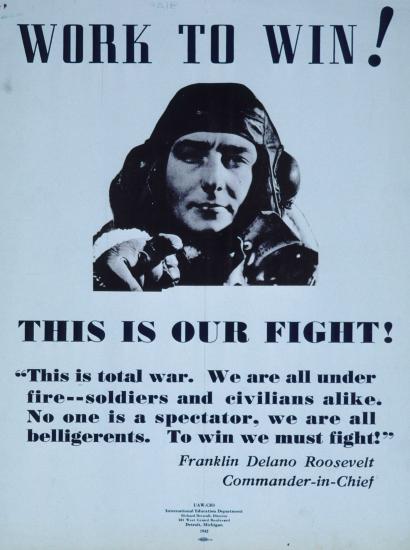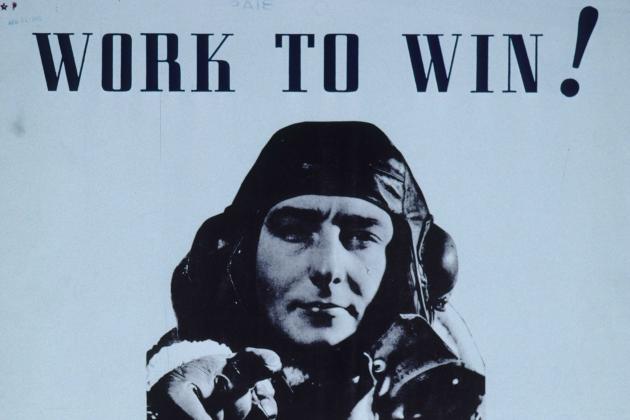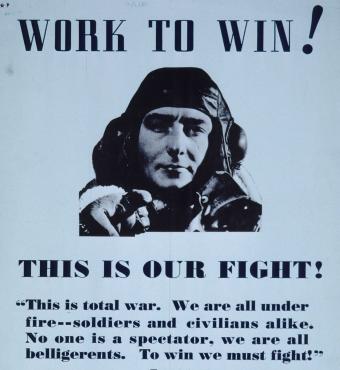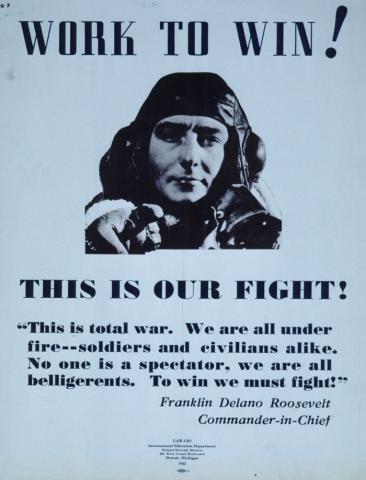- History
- Military
It is difficult to win wars that seek exceedingly tall objectives. Wars seeking total victory over the enemy, demanding his unconditional surrender and a leadership or regime change, are an example. The gap between required means and desired goals becomes so large that the war turns into an unsatisfactory endless slog: the objective is always just beyond the horizon. This is a recipe for lengthy wars that require large expenditures of force, rarely end in negotiations, and ultimately are very difficult to win.
When the objectives sought by the two opponents are irreducible, that is, when neither side can nor is willing to dial down its aims, victory of at least one of them is more difficult to achieve. The use of violence in fact rarely results in the perfect realization of the initial objectives that both opponents decided to pursue at the outset. Simply put, military power is a finite resource that does not automatically produce the predicted and desired outcomes. Hence, to use a current case, if Russia seeks to conquer Ukraine and install a pro-Moscow regime in Kyiv, such an objective is likely non-negotiable for Ukrainians (and, arguably, the longer and bloodier the war, the more the Ukrainians will reject a negotiated end that would undermine their independence). Russia can achieve such a goal of regime change only through a total military victory over Ukraine. This is not impossible, but certainly more difficult than just a redrawing of some borders in Crimea and the Donbas.
The connection between war aims and war termination (or victory of one side) is obviously not a recent discovery. For example, Fred Iklé in his classic 1971 book entitled Every War Must End observed that to “bring the fighting to an end, one nation or the other almost always has to revise its war aims.”[1] And by “to revise,” Iklé seems to have meant “to decrease” or “to moderate”: war ends with at least one side lowering the original goals it had set to attain. A state that sought to conquer a large swath of land may have to be satisfied with a smaller territorial gain, if tenaciously opposed by the locals. Or a country that fights for its independence and sovereignty may have to abandon some lands or alter its geopolitical leanings in order to end the war. The point is that war will not end if neither side is willing to reduce the original objectives.
Hence, a war of territorial adjustment can end when some border change has occurred, even if not perfectly matching the initial goals. A war of punishment may end when some pain, deemed sufficient for whatever purpose, has been inflicted. Or a war for glory can end when the prestige seeker declares satisfaction with whatever image of glory he has attained. Even in such cases, of course, war is not easy to end as the goals may alter during the fighting, often increasing as the sunk costs go up. In Iklé’s words again, “Those with power to start a war frequently come to discover that they lack the power to stop it.”[2]
It is much more difficult to end the war when the goals pursued are either-or, non-negotiable, and hence not easily amenable to be adjusted downward. Regime-change, genocide, or the total conquest of a state are such goals that, while not morally equivalent, are similar in their nature: either one achieves it or not. For the targeted side, there is also little compromise possible (a partial regime change? A partial genocide?). As a result, the war is likely to be long and, short of a total military victory of one side, difficult to terminate by negotiations.
In brief, the difficulty of winning a war may lie not just in the military aspects of the conflict (the technology, the resources, the manpower, or the tactical prowess) but also in its political nature. If one pursues goals that are too tall and require total victory over the opponent, victory may be very difficult to achieve.
[1] Fred Iklé, Every War Must End (New York: Columbia University Press, 2005, original 1971), p. 96.
[2] Iklé, p. 106.







